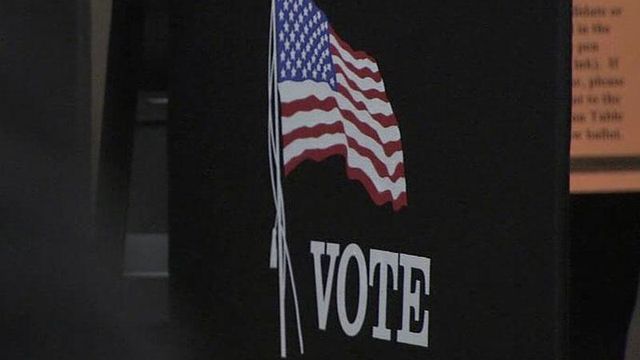Talk to the gavel
State House lawmakers just might make their crossover deadline Thursday night. But at what cost?
Posted — UpdatedState House lawmakers could potentially meet their crossover deadline Thursday night. But getting there hasn’t been pretty.
During Wednesday’s session, which ran for 10 hours with one 30-minute break, the House took action on 69 bills on the floor. (For comparison's sake, a 20-bill floor calendar is generally considered a busy day.)
Two controversial proposals were sent back to committee, which means they’re likely to die for the session: H800, an anti-organized labor bill, and H910, which would have restricted local governments’ ability to offer health insurance plans that cover abortions.
But plenty of other controversial bills were taken up. Some were debated, like H854, the abortion restrictions bill that mandates a waiting period, ultrasound, and state-scripted counseling. Lawmakers argued over that one for about two hours before passing it 71-48 and sending it to the Senate. Democrats Brisson, Hill, and Spear (members of the Party of Five) voted with all 68 Republicans to support the bill.
There was also heated debate over a bill to strip NCAE of its payroll deduction for dues, S727. That, too, passed on a vote of 71-48, with Democrats Brisson, Crawford, and Spear voting with the Republicans to support the bill. S727 will get a final vote Thursday.
But as the night wore on and tempers wore down, House Republicans turned more and more often to a parliamentary maneuver to shut off debate entirely. The maneuver, “calling the question,” is a sort of "nuclear option" that's rarely used except in extreme circumstances. But it was used at least half a dozen times Wednesday night to cut off discussion of bills before debate even started.
The most glaring use of the procedure was on the super-controversial Voter ID bill, H351. Speaker Thom Tillis could have opened debate on the bill anytime after 2pm, but, facing a midnight deadline for its first vote, he waited until 11:45pm to take it up. The question was called immediately. No debate was allowed, just brief comments from the two caucus leaders. The following vote was strictly party-line – all GOP for, all Democrats against.
Tillis said he will allow full debate on the voter ID bill and other cut-off bills in Thursday’s session.
Some debate is better than none, of course, especially in a body that exists for that very purpose. But the point of having two votes on a bill on two different days is to give lawmakers – and the public – time to hear the arguments on both sides and mull them over.
Although lawmakers don’t usually change their minds on the final vote, it has been known to happen from time to time. But if there’s no debate on the first vote, there’s much less chance they’ll think about things differently the following day.
House Session Thursday starts at 10:30am. We’ll be carrying it live here. Tune in and watch.
Copyright 2024 by Capitol Broadcasting Company. All rights reserved. This material may not be published, broadcast, rewritten or redistributed.





